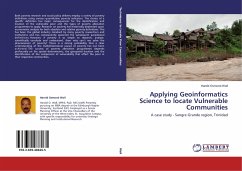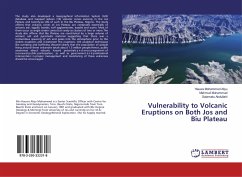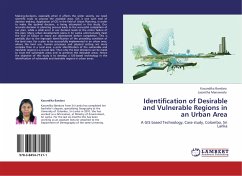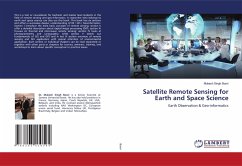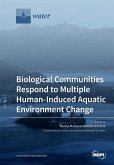Both poverty research and social policy delivery employ a variety of poverty definitions using various quantitative poverty indicators. The choice of a specific definition has major consequences for the identification and location of the vulnerable poor and the types of poverty alleviation programmes to apply. Research on poverty has historically depended upon econometric analysis for both absolute and relative poverty definitions. This has been the global industry standard by many poverty researchers and institutions and has consequently spawned the subsequent paradoxical definitions. However, if poverty is so simple to research, analyse, scientifically conclude and understand, then why can't we solve the phenomenon of poverty? There is a strong probability that a clear understanding of the multidimensional causes of poverty has not been achieved. The success of poverty alleviation programmes depends profoundly on the spatial determinants, the geospatial location and the identification of the component of vulnerability that affect the poor in their respective communities.

